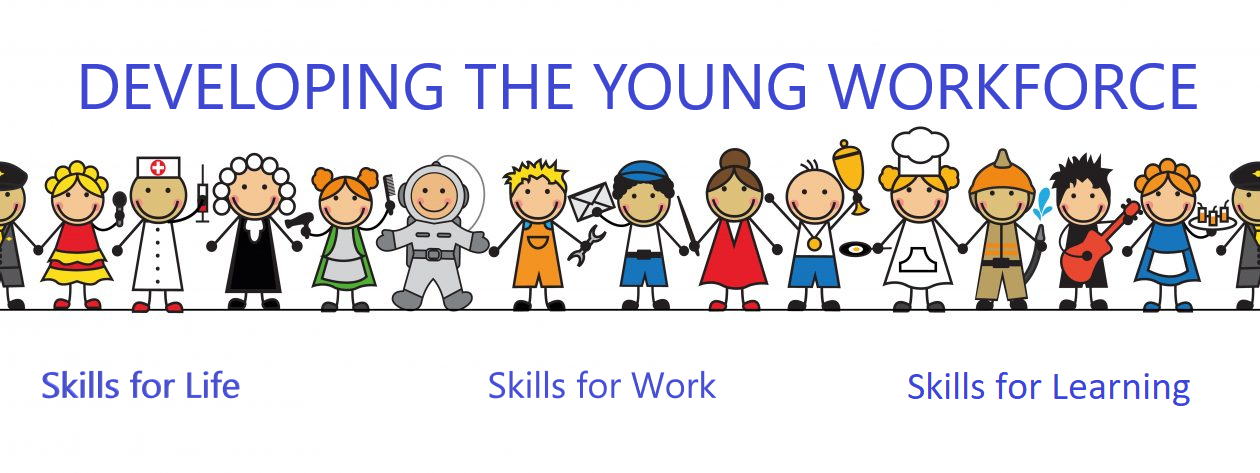A focus on STEM sits at the heart of DYW:
1 All learners experience relevant and engaging STEM learning which equip them with skills and capability to be scientifically, technologically and mathematically literate citizens, fully involved in our society as it becomes increasingly reliant on science and technology, and informed and empowered to take decisions about their lives and society as a whole.
- There is equality of access, opportunity and outcomes in STEM learning and STEM experiences for everyone, regardless of gender, background or circumstance.
-
People are well equipped to undertake job roles which require STEM knowledge and skills, including the flexibility to move and diversify between roles, jobs and careers to keep pace with scientific and technological change.
STEM skills are of huge importance to the future success of Scotland.
Science enables us to develop our interest in, and understanding of, the living, material and physical world and develop the skills of collaboration, research, critical enquiry, experimentation, exploration and discovery.
Engineering is the method of applying scientific and mathematical knowledge to human activity and Technology is what is produced through the application of scientific knowledge to human activity. Together these cover a wide range of fields including business, computing science, chemicals, food, textiles, craft, design, engineering, graphics and applied technologies including those 4
relating to construction, transport, the built environment, biomedical, microbiological and food technology.
All of STEM is underpinned by Mathematics, which includes numeracy, and equips us with the skills and approaches we need to interpret and analyse information, simplify and solve problems, assess risk and make informed decisions. Mathematics and Numeracy develop essential skills and capabilities for life, participation in society and in all jobs, careers and occupations. As well as providing the foundations for STEM, the study and application of mathematics is a vast and critical discipline in itself with farreaching implications and value.
Digital skills also play a huge and growing role in society and the economy as well as enabling the other STEM disciplines. Like Mathematics, digital skills and digital literacy in particular are essential for participation in society and across the labour market. Digital skills embrace a spectrum of skills in
the use and creation of digital material, from basic digital literacy, through data handling and quantitative reasoning, problem solving and computational thinking to the application of more specialist computing science knowledge and skills that are needed in data science, cyber security and coding. Within digital skills, as noted above, computing science is a separate discipline and
subject



